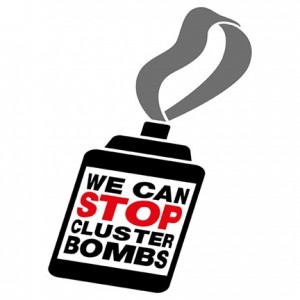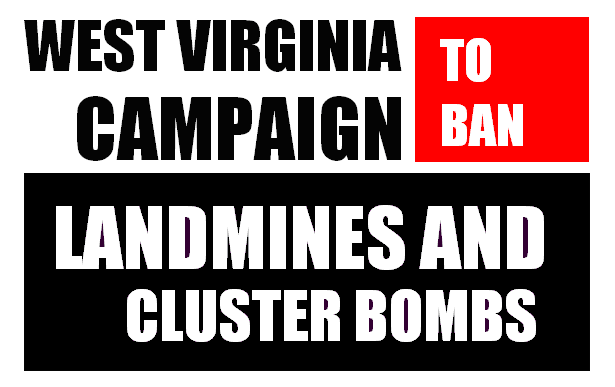 The 2008 Convention on Cluster Munitions entered into force on 1 August 2010 and bans all use of cluster munitions as well as requiring clearance of cluster munitions remnants, destruction of stockpiles, and the provision of assistance for victims. Members of PSALM/WVCBL urge all countries, including the United States, to join the treaty, work towards clearance and assist survivors.
The 2008 Convention on Cluster Munitions entered into force on 1 August 2010 and bans all use of cluster munitions as well as requiring clearance of cluster munitions remnants, destruction of stockpiles, and the provision of assistance for victims. Members of PSALM/WVCBL urge all countries, including the United States, to join the treaty, work towards clearance and assist survivors.
The Convention on Cluster Munitions is a humanitarian imperative-driven legal instrument which prohibits all use, production, transfer and stockpiling of cluster munitions. In addition, it establishes a framework for cooperation and assistance to ensure adequate assistance to survivors and their communities, clearance of contaminated areas, risk reduction education and destruction of stockpiles.
By ratifying or acceding to the Convention on Cluster Munitions, States Parties commit to never use, produce, stockpile or transfer cluster munitions. Furthermore States Parties commit to destroy existing stockpiles in eight years; clear contaminated land in ten years; assist victims; provide technical, material and financial assistance to other States Parties; undertake transparency measures; adopt national implementation measures; and promote universal adherence to the Convention.
Cluster munitions are unacceptable for two reasons. Firstly, they have wide area effects and are unable to distinguish between civilians and combatants. Secondly, the use of cluster munitions leave behind large numbers of dangerous unexploded ordnance. Such remnants kill and injure civilians, obstruct economic and social development, and have other severe consequences that persist for years and decades after use.

Adopted on 30 May 2008 in Dublin, Ireland and signed on 3-4 December 2008 in Oslo, Norway, the Convention on Cluster Munitions entered into force on 1 August 2010. To date 120 states have committed to the goals of the Convention, of which 106 have become States Parties and 14 are Signatories.
Five-year road map (2015-2020)
To guide States Parties effectively implement the provisions of the Convention on Cluster Munitions from the First to the Second Review Conference, States Parties adopted a five-year roadmap called the Dubrovnik Action Plan (DAP).
